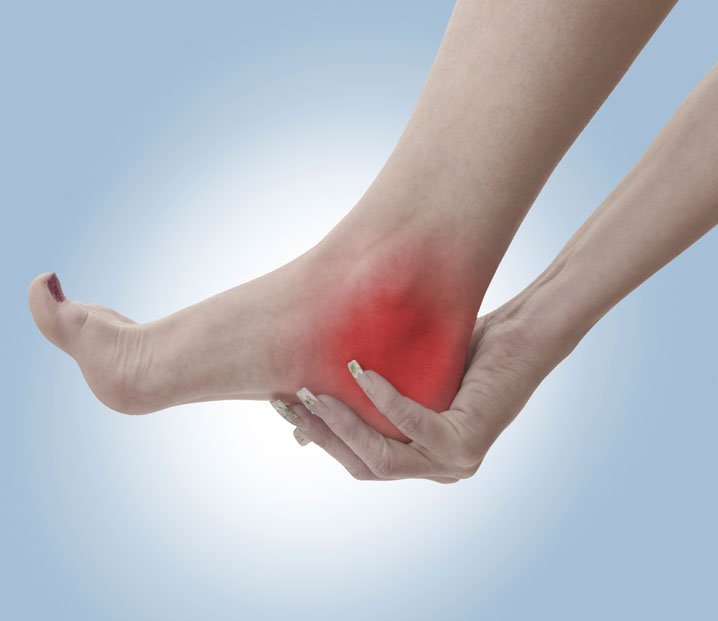Pregnancy brings remarkable changes to the body, and not all of them are comfortable. One often overlooked issue is heel pain, which can make even simple tasks, such as walking or standing, feel challenging. As your body adjusts to added weight, hormonal shifts, and changes in posture, your feet bear the brunt of the transformation. Let’s explore why heel pain occurs during pregnancy and how to find relief while keeping both you and your baby safe and supported.
Key Causes
Several physiological changes contribute to heel pain during pregnancy, often due to the body adapting to the growing baby. Weight gain is a fundamental factor, as the extra weight places increased pressure on the feet, especially the heels. The extra strain can lead to discomfort when standing or walking for prolonged periods.
Another contributing factor is hormonal changes. Pregnancy triggers the release of relaxin, a hormone that loosens ligaments and joints to prepare the body for childbirth. This may also affect the ligaments in the feet, potentially leading to issues like overpronation or plantar fasciitis. Overpronation involves the inward rolling of the feet when walking, which alters weight distribution and increases stress on the heels.
Swelling, or edema, is another frequent occurrence during pregnancy. The retention of fluids in the lower extremities often leads to swollen feet and heels, adding pressure and contributing to discomfort. When combined, these factors create a heightened risk of inflammation in the plantar fascia, a ligament located at the bottom of the foot. This is often the primary cause of sharp heel pain in many pregnant individuals.
Coping Strategies
Wearing supportive footwear is fundamental. Shoes with good arch support and cushioning reduce the strain on the heels and provide a stable base for walking. Avoiding high heels or unsupportive footwear during this time is helpful. Orthotic inserts can also be used to offer extra support tailored to the individual’s needs.
Stretching exercises targeting the calf muscles and plantar fascia help improve flexibility and relieve tension in the feet. Gentle, controlled stretches guided by a professional can make a measurable difference in reducing discomfort. Resting and elevating the feet periodically may reduce fluid retention and swelling. This basic action can minimize pressure on the heels while improving blood circulation.
Applying ice packs to the affected area is another practical measure, offering relief from inflammation and soreness. Cold therapy can be particularly beneficial after prolonged standing or walking. For relaxation and improved blood flow, gentle foot massages are a helpful method. Each of these approaches contributes to managing pregnancy-related heel pain effectively without more strain.
Maintaining an optimal weight is also a key recommendation during pregnancy. Although weight gain is natural and necessary, excessive weight gain can increase the load placed on the feet, exacerbating pain. By prioritizing a balanced diet and moderate exercise approved by a healthcare provider, it is possible to reduce unnecessary stress on the heels.
Schedule Your Heel Pain Evaluation Today
Heel pain during pregnancy is a manageable condition. Understanding the causes and implementing coping strategies can help alleviate discomfort and support foot health throughout your pregnancy. If heel pain persists or significantly affects mobility, consulting a healthcare professional can provide guidance tailored to individual needs. To address persistent pain efficiently, schedule an evaluation today..

